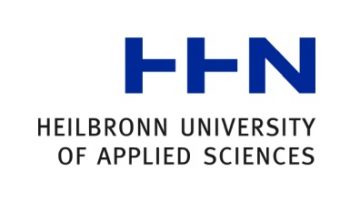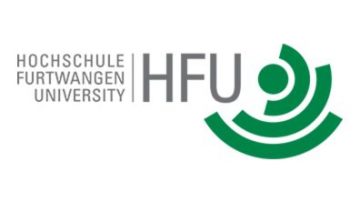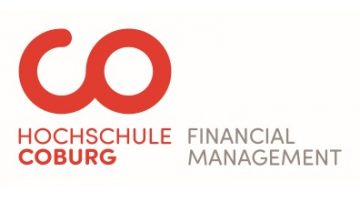Conquering Traffic through Simulation
Dr. Roman Luckscheiter, Director of the DAAD Regional Office Cairo, and Prof. Dr. Angela Ittel, Vice President for International Relations and Teacher education at Technische Universität Berlin (TU Berlin), as well as H. E. Prof. Dr. Hesham Arafaat, Minister of Transport of the Arab Republic of Egypt, opened Wednesday night’s event, in attendance of 40 guests representing both university as well as non-university scholars.
In his welcome address, Luckscheiter highlighted the role of COSIMENA, which aims at ensuring more intensive networking between researchers of the region and Germany. Traffic poses similar challenges to German and Egyptian metropolitan cities alike. Therefore, it is necessary to exchange experiences, ideas and innovative approaches and to “discover the potential of cooperation”. This issue is a perfect example of a collaboration topic between Germany and Cairo, as Luckscheiter pointed out.
Angela Ittel expressed her satisfaction about her ability to visit Egypt multiple times as part of the TU Berlin collaborations with a multitude of entities, researchers and different universities. After introducing the lecturer, Prof. Dr. Kai Nagel, a researcher at the same university, she also mentioned what she referred to as TU Berlin’s “sister campus” in El Gouna, where currently three master’s programmes are offered with a potential of further expansions in the near future. The final part of the welcome address was given by Dr. Arafaat who was very glad to be taking part in the event as a DAAD alumnus, firstly, and for his interest in the topic, secondly. He emphasised the importance of scientific collaborations in urban planning and, more specifically, on the topic of traffic. As is the case in most metropolitan regions in developing countries, Dr. Arafaat stated that Cairo is suffering from high levels of carbon dioxide emissions as one of the side effects of traffic, that consequently put an indirect financial burden on the Egyptian economy.
Kai Nagel, Professor of Transportation and Planning at TU Berlin, then gave an hour-long lecture consisting of two parts. At the beginning, Nagel introduced MATSim, the Multi-Agent Transport Simulation Toolkit, an open source software project started by him, intended for the use in transportation planning models. The software basically simulates the transportation behaviour of many people in a city system, each transport user on their own and with their unique path and vehicle. Doing that, the programme can distinguish between categories like pedestrian, train, car, bicycle and even more. The movement of all users then results in traffic and congestions which the programme can display. Moreover, the model can also show the emissions of the different vehicles.
Nagel subsequently proceeded to present results from simulations done in several parts of the world based on that model, including countries with traffic dynamics similar to Egypt’s, like India for example. One of those results demonstrated how the simulation was able to synthetically replace one million privately owned cars in Berlin by a fleet of 100,000 autonomous electric vehicles. He showed different problems one must consider like empty runs, weather and long charging times of electric cars. A normal taxi in Germany drives about 150 km per shift – if autonomous it could be about 300 km. Nagel states that today’s electric cars could easily cover a distance of up to 200 km and, if a day is divided into two shifts, one in the morning and one in the afternoon, the cars can easily complete each tour and recharge afterwards. This would of course require new infrastructure and especially charging infrastructure. He argues that one could place the charging stations at the already existing taxi stands in Berlin. To his own surprise, he found out that the electrification of the system and the costs for charging stations wouldn’t be higher than the current system.
At the end of the lecture, a brief Q&A session was held, and many questions were raised by the attending researchers dealing for example with the required data for such a simulation, the consideration of traffic accidents in the software and the potential usage of big data. In the end, Nagel stressed the importance of this research to participate in the public debate and in the inclusion of traffic planning in the discussion with policy makers and Dr. Arafaat himself showed interest in the possibilities of the system and its potential application in the planning of the “New Administrative Capital” in Egypt. The evening was rounded off with a networking dinner on the premises of the DAAD which provided opportunities for further in-depth discussions between the participants and Dr. Arafaat as well as Dr. Nagel.





